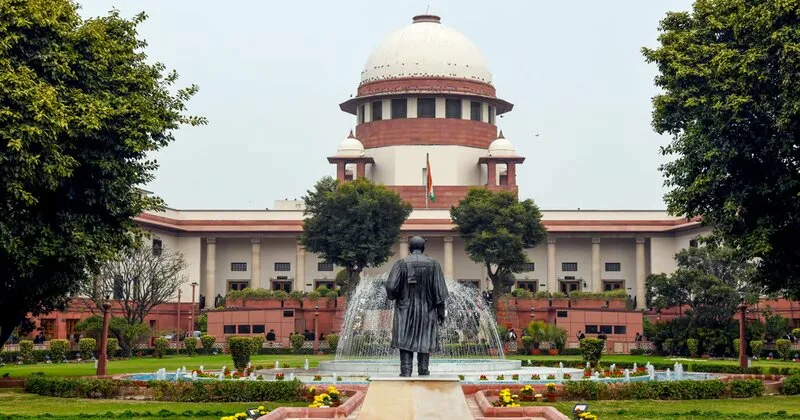
The Supreme Court has ruled that the Central Bureau of Investigation (CBI) does not require state government consent to file an FIR against central government officials working within a state’s jurisdiction. A bench comprising Justices CT Ravikumar and Rajesh Bindal overturned an Andhra Pradesh High Court (HC) order that quashed CBI investigations against two central government employees accused of corruption. The bench emphasized that since the accused were central employees, their prosecution under the Prevention of Corruption Act—a central law—does not necessitate state consent, regardless of their posting location.
The case involved two FIRs registered by the CBI against A. Sathish Kumar and another official in Andhra Pradesh. The accused argued in the Andhra Pradesh HC that the general consent for CBI investigations granted by the undivided state of Andhra Pradesh under the Delhi Special Police Establishment Act, 1946, did not extend to the bifurcated state. They claimed fresh consent was required from the newly formed Andhra Pradesh government. The HC accepted their plea, quashing the CBI investigations.
The Supreme Court, however, found the HC’s decision flawed, stating that the central nature of the Prevention of Corruption Act overrides the need for state consent. Justice Ravikumar clarified that merely being posted in a state does not exempt central government employees from CBI jurisdiction under central legislation. The bench reinstated the CBI’s authority to proceed with its investigations.

Post Your Comments